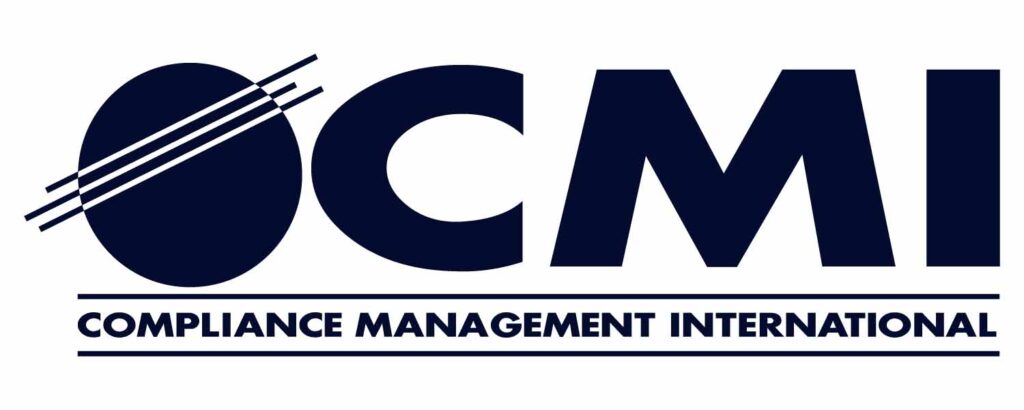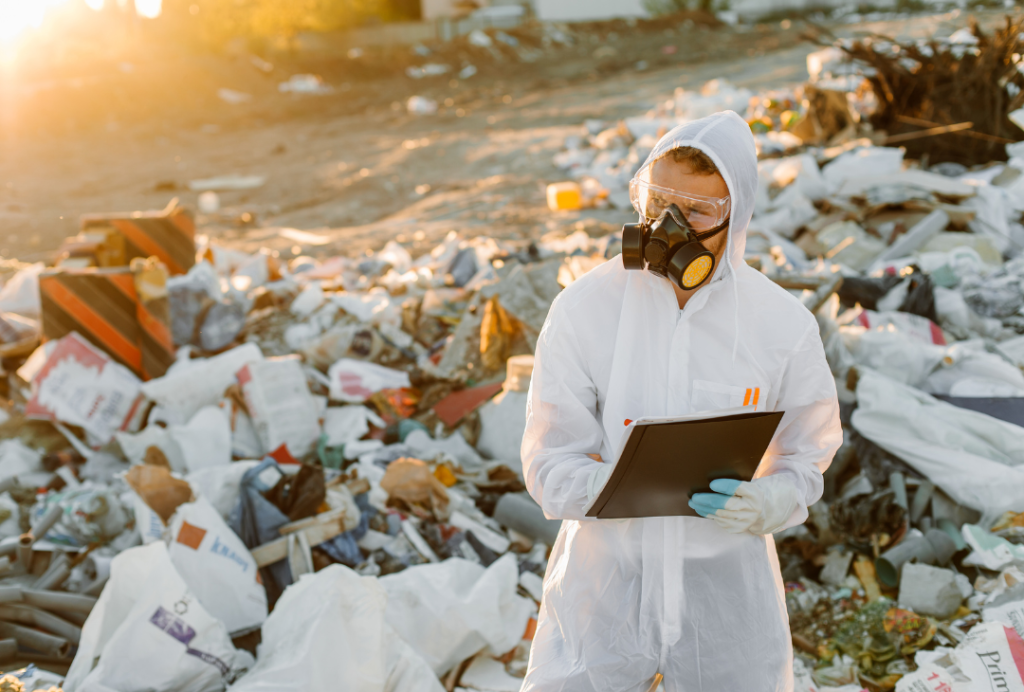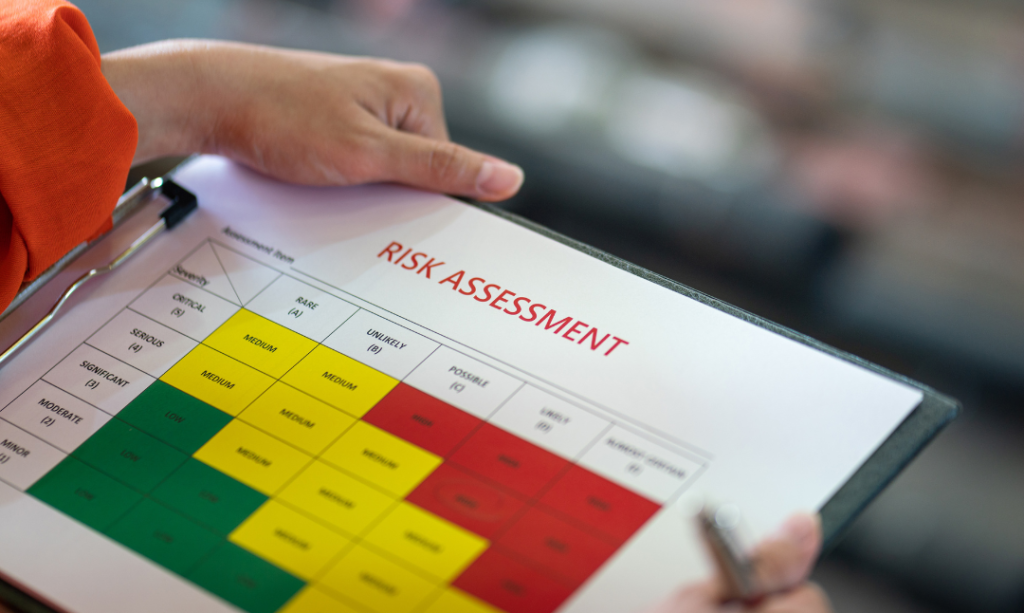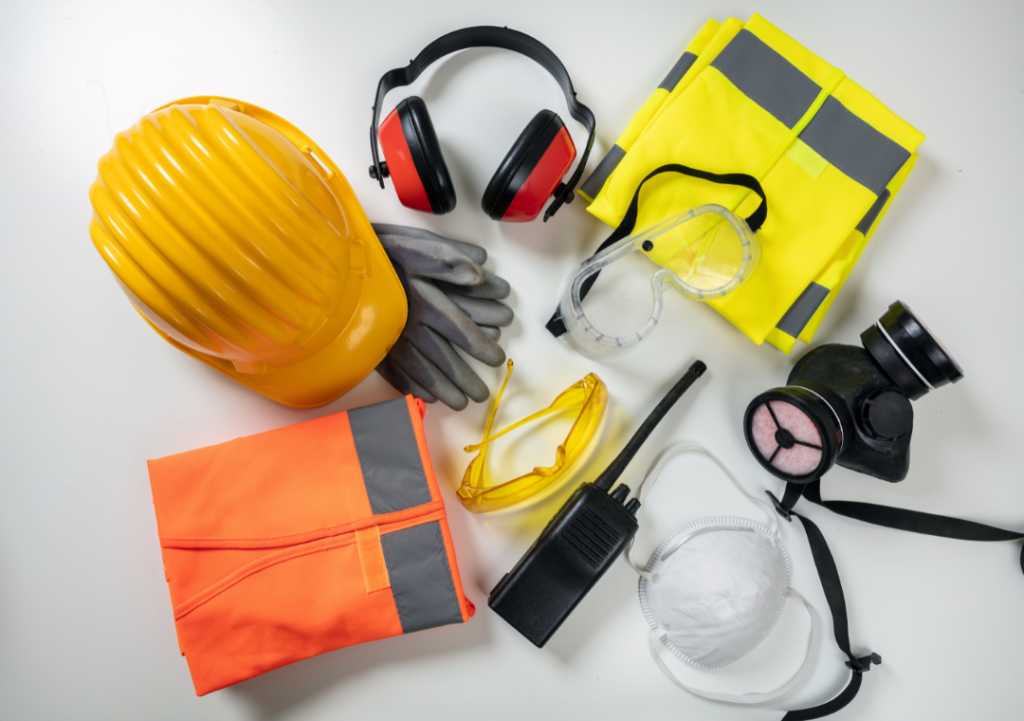CMI hosted a webinar on Industrial Stormwater Permitting that was highly attended since this is one of the fastest changing environmental issues facing business and communities. Just in case you missed it, here are the top 10 takeaways!
- Stormwater is a growing source of water pollution across the U.S. This means the US EPA and states are much more focused on stormwater pollutions prevention and this will result in more regulations and permitting.
- Stormwater is regulated by the US Environmental Protection Agency (EPA) and state and local agencies may have more regulatory obligations, so it’s important to stay up to date on requirements.
- The EPA released stormwater permitting updates in 2020 and 2021 that need to be reviewed and implement when applicable at industrial and construction sites.
- Determining not only the need for a permit, but also the type of permit is an exhaustive exercise for any business. It’s important to consider site operations, materials in use and storage practices to ensure full compliance.
- There is a “no exposure” exclusion and certification process which may be applicable to some companies, but this requires a thorough evaluation of site operations and materials and in some cases the required conditions and compliance elements are a challenge to maintain.
- Many sites need both an industrial stormwater permit, and construction stormwater permit if renovations or other construction activities are planned.
- It’s important to conduct a thorough evaluation whenever there is a change in operations, materials, outdoor storage or the facility to ensure you have the right permit.
- Stormwater Pollution Prevention Plans will be made publicly available so should be carefully developed.
- Stormwater control measures include both active and passive systems such as proper housekeeping, storing materials inside rather than outside, managing rainwater output and site erosion.
- Sampling stormwater outfalls is complex and requires tracking of the weather, collection of samples during qualified rain events and many other strict sampling and reporting protocols to be compliant.
With the complexity of stormwater pollution prevention and related permits it is important to use a qualified environmental firm to ensure you obtain the right permit, conduct sampling as required and stay up to date on changes. Watch the full stormwater pollutions prevention webinar.
Written by Erin Rymsa, Director, Training Services



